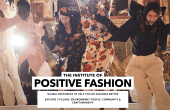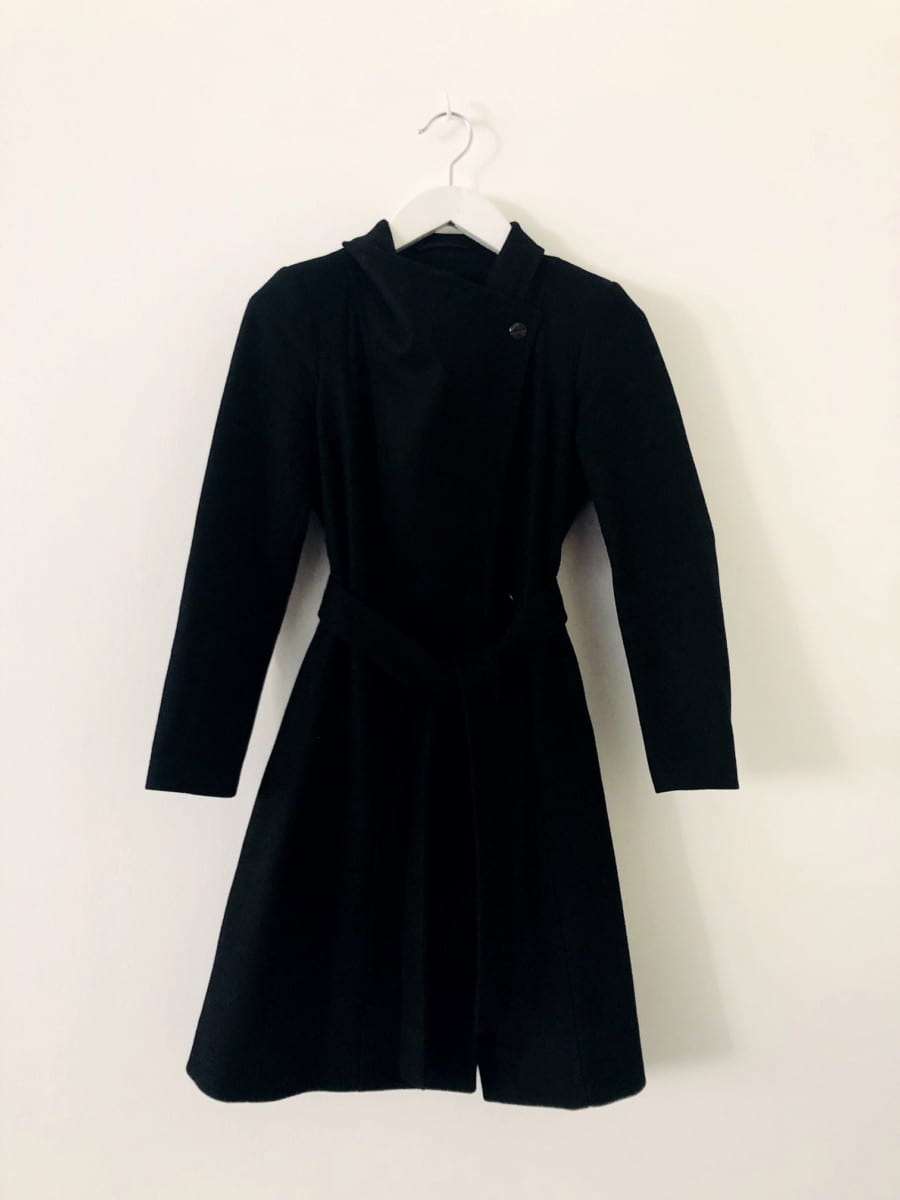This year, as last, LCF’s Better Lives series has focused on the reciprocal relationship between Fashion and Psychology. The 2014 series, curated by Dr Carolyn Mair (Reader in Psychology and Course Leader of MA Psychology for Fashion Professionals and MSc Applied Psychology in Fashion), is concerned with ‘…isms in fashion’.

Valentina La Porta. BA (Hons) Fashion Design Technology: Womenswear
The first seminar brought together Dr Ros Jennings, Reader in Cultural Studies and Director of the Centre for Women, Ageing and Media at Gloucester University and Prof Paul Matts, a Research Scientist from P&G. Dr Jennings presented thought-provoking case studies from a socio-cultural perspective of two women in popular culture, Dame Shirley Bassey and Petula Clarke and Prof Matts presented data from studies demonstrating the importance of skin appearance on perceived attractiveness. He argued that skin is an indicator of both health and youth. Therefore, taking an evolutionary psychology perspective, Prof Matts claimed we are attracted to younger looking women because they signal fertility and the potential to increase our chances of reproduction and survival. The talks were followed by an audience discussion about the influences of evolution, society and culture on psychology and well-being.
The second seminar was concerned with racism in fashion. Industry professionals, Jody Furlong from The Eye Casting and The Eye Models, and James Lyon from Models of Diversity, showed evidence for the existence of racism within the fashion industry in the UK and USA. Jody, focusing on the representation of black models, argued that the fashion industry, unlike other industries, does not meet its responsibility to embrace diversity. Jody claimed the best way forward was for black people to be successful in roles that they were not typically associated with. James Lyon, who campaigns for the organisation, Models of Diversity, expanded the problem from racism in selecting models, to others in the industry. He argued that new designers should be educated to value diversity and that consumers should boycott brand ‘dinosaurs’ who use racist practices.
Once more the audience brought an animated and passionate response to the speakers by encouraging those working in fashion to strive to change the status quo. The final remarks emphasised the need for all to take responsibility for challenging racism and promoting diversity.




